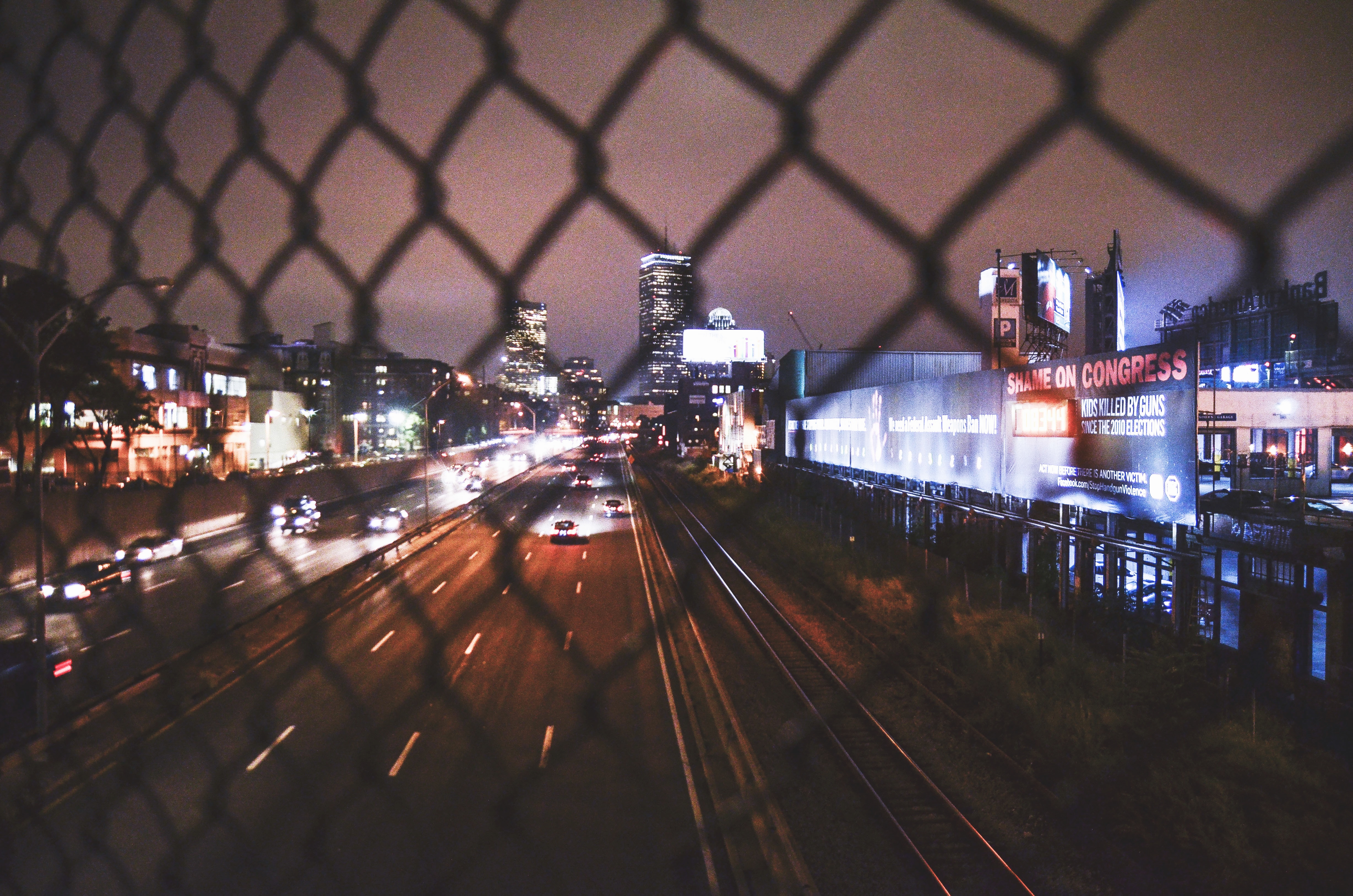I am asked this question time and time again, is it okay for me to eat at night?
It often looks like this: ” Will eating after 7 pm make me fat?”
My most frequent answer? That depends on you and what you ate throughout the day.
It is not inherently bad to eat food late at night, but whether or not it is the best choice for you will depend on your body, your goals and what you have eaten throughout the rest of the day.
A healthy and balanced day of eating is determined by your eating habits on the whole and not necessarily what you eat between the hours of 7 pm and whenever you go to sleep.
When it is okay to eat at night
1. When you are truly hungry: Unless you are strictly managing your caloric intake, this is probably the most important consideration for anyone to eat at anytime. If you are truly hungry, it should not matter what time it is , it almost always makes sense to have a healthy meal or snack. This is especially true if going to sleep hungry ( which I never advise) affects your ability to sleep well.
2. When you have not had much to eat throughout the day: Maybe your hunger cues aren’t quite that sharp, but you are savvy enough to know that you have not enjoyed a sufficient or balanced day of eating. In such cases, especially for people who are very busy during the day, it makes all the sense in the world to fill in any calorie or nutrient gaps in your diet in the evening.
3. When you are selecting healthy lower calorie options: Selecting healthful foods in modest amounts is a sound idea at any time of the day. Check this list for some ideas.
When it is less okay to eat at night
1. When you are not truly hungry: If you are not hungry, it is probably a sign from your body that you have consumed enough food throughout the day. In such cases, it would probably be unwise to consume too much food “just for the sake of it”. The exception to this rule is if you make healthy lower-calorie choices. Want to know what some of those are? Check my blog on the top 10 healthy and low calorie food choices here.
2. When you know you’ve had enough/too much to eat already: In certain contexts, such as a relaxing evening, we can confuse a craving or desire for food for true hunger. In such situations, it helps to know yourself and reflect on the food choices you made that day. If you know you have probably eaten too much or just enough, but you still want to eat, try to make lower calorie healthy selections.
Additional Consideration: Digestion Time
The other important consideration for eating at night is digestion time. It is important for you to allow yourself enough time for your food at least partially move through your digestive tract and reduce the chance of any reflux or intestinal discomfort while you sleep. If you wake up in the morning with a sore throat, this may be a sign that you are not allowing yourself enough time to digest relative to the amount of food you are eating.
Waking up bloated is another potential sign of this, but may also just reflect general over consumption on a given day.
As a general rule, I would give yourself at least 30-60 minutes from your last bite of food until you go to sleep. The exact amount of time you need to feel comfortable will depend on you and may require some trial and error, although I would never suggest sleeping immediately after eating.
Concluding Remarks
Contrary to popular belief, there is nothing inherently wrong with eating at night for an otherwise healthy person. As with all other times of the day, it is always better to be selecting healthful foods at night. It is also important to know your body, those with sensitive stomachs or a history of reflux should allow ample digestion time when eating before sleeping. Although eating at night could offer an important opportunity for individuals to consume nutrients or food groups they may have missed during a busy day, it may be wise to limit the amount of food consumed if you do not feel hungry or know you have already consumed a sufficient amount of food that day.
Context is everything!
Until next time, Eat Up! ( even at night)
Andy De Santis RD MPH



